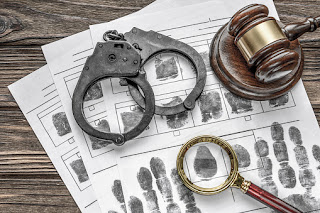The Mandatory Reporting Laws

Mandatory reporting law establish a legally enforceable duty for those who have contact with vulnerable populations to report to state and local authorities when mistreatment or abuse of those populations is suspected or confirmed. While these laws, and the populations they cover, vary by state, they generally include children, the disabled, and the elderly. Some states also assign this reportable duty to abuse between intimate partners. These laws typically cover neglect, as well as physical, sexual, emotional, and financial abuse. While those individuals mandated to report also vary by state, they generally include childcare providers, clergy, coaches, counselors, healthcare providers, law enforcement, principals, and teachers. In addition to their obligation to report mistreatment of vulnerable patients, healthcare professionals are also required to report certain infectious diseases deemed to be public health hazards to state and local authorities. U...





